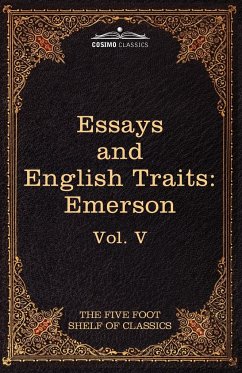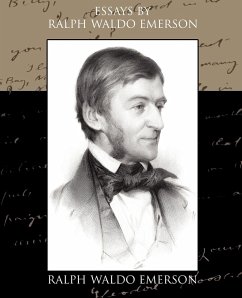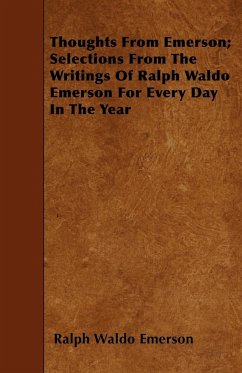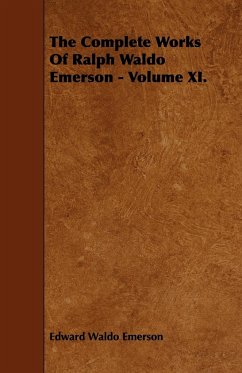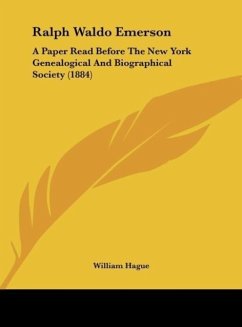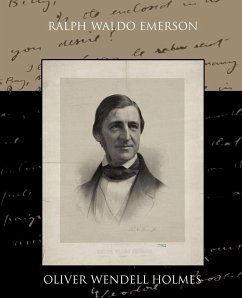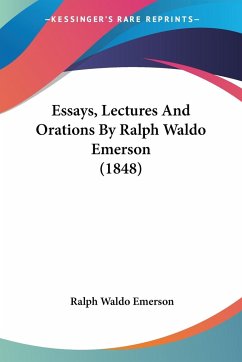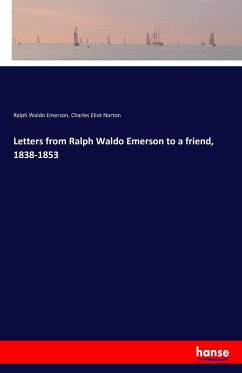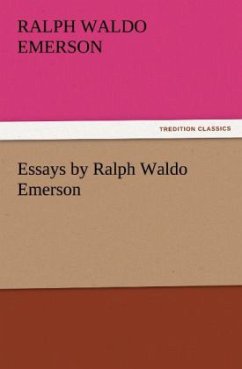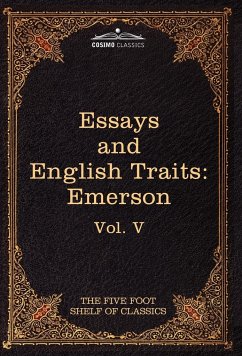
Essays and English Traits by Ralph Waldo Emerson
The Five Foot Shelf of Classics, Vol. V (in 51 Volumes)
Herausgeber: Eliot, Charles W
Versandkostenfrei!
Versandfertig in über 4 Wochen
39,99 €
inkl. MwSt.
Weitere Ausgaben:

PAYBACK Punkte
20 °P sammeln!
Originally published between 1909 and 1917 under the name "Harvard Classics," this stupendous 51-volume set-a collection of the greatest writings from literature, philosophy, history, and mythology-was assembled by American academic CHARLES WILLIAM ELIOT (1834-1926), Harvard University's longest-serving president. Also known as "Dr. Eliot's Five Foot Shelf," it represented Eliot's belief that a basic liberal education could be gleaned by reading from an anthology of works that could fit on five feet of bookshelf. Volume V features two collections from American poet and philosopher RALPH WALDO ...
Originally published between 1909 and 1917 under the name "Harvard Classics," this stupendous 51-volume set-a collection of the greatest writings from literature, philosophy, history, and mythology-was assembled by American academic CHARLES WILLIAM ELIOT (1834-1926), Harvard University's longest-serving president. Also known as "Dr. Eliot's Five Foot Shelf," it represented Eliot's belief that a basic liberal education could be gleaned by reading from an anthology of works that could fit on five feet of bookshelf. Volume V features two collections from American poet and philosopher RALPH WALDO EMERSON (1803-1882): Essays-on such topics as "The American Scholar," "Self-Reliance," "Friendship," "Heroism," and more-and English Traits, in which he examines the British character as gathered from his travels in England.



